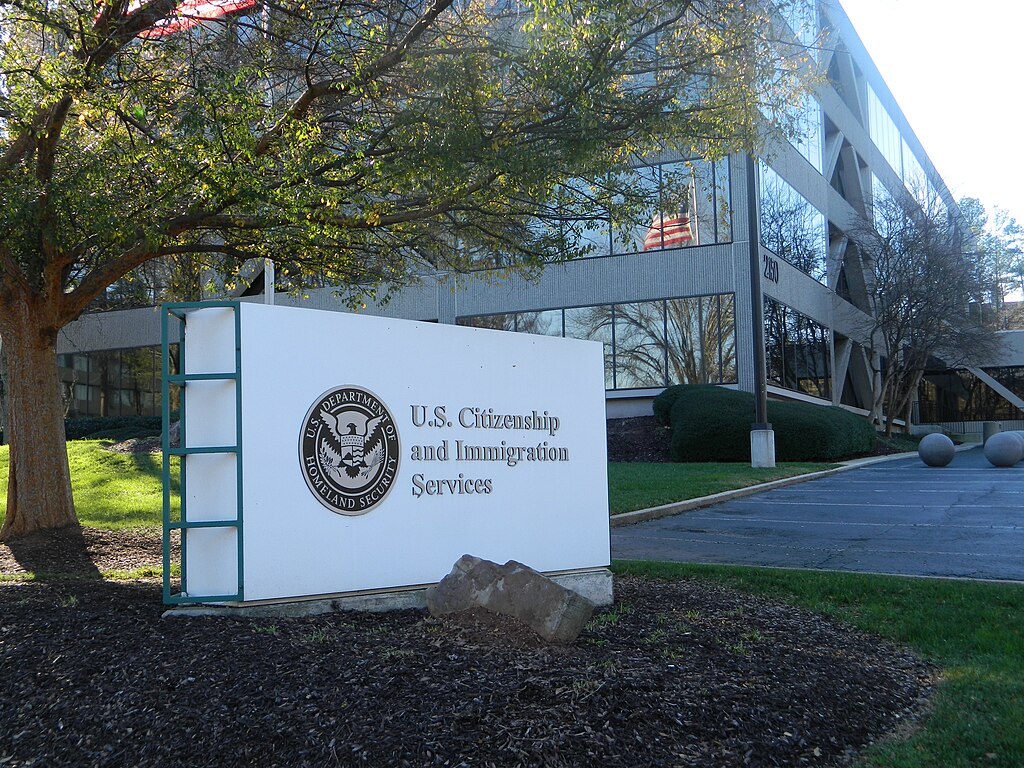
November 21, 2025
A USCIS citizenship interview includes a review of your N-400 application, an English test, and a civics test. An attorney can help you prepare, avoid mistakes, and respond confidently to officer questions. Here’s what to expect and how to be ready.
What the Citizenship Interview Is Designed to Do
The interview verifies that you qualify for naturalization, understand English, know basic U.S. civics, and have demonstrated good moral character. It is normal to feel nervous—USCIS officers expect that.
Step-by-Step Breakdown of the Interview
- Identity verification
The officer reviews your passport, green card, license, and appointment letter. - Review of your N-400 application
You’ll be asked questions about:
- Name and address history
- Employment history
- Travel outside the U.S.
- Marital history
- Criminal history
- Taxes
- Selective Service (if applicable)
Anything unclear or inconsistent may lead to follow-up questions.
- English reading and writing test
You must read one sentence and write one sentence correctly. Many applicants pass this easily. - Civics test
USCIS asks up to 10 questions from the 100-question study guide. You only need to answer 6 correctly. - Final decision
You may be approved on the spot, asked for more evidence, or scheduled for re-testing.
Why Applicants Get Nervous
Common reasons include:
- Fear of making mistakes
- Past criminal issues
- Tax problems
- Difficulty speaking English
- Inconsistent information on old applications
Preparation solves almost all of these issues.
How an Attorney Helps You Prepare
A lawyer strengthens your case by:
- Practicing interview questions with you
- Reviewing your travel, marriage, and work history
- Identifying problems before the interview
- Attending the interview with you
- Communicating directly with USCIS if an issue arises
Most applicants feel significantly more confident when a lawyer is present.
When You Must Bring Additional Evidence
USCIS may request:
- Tax transcripts
- Marriage proof
- Proof of child support
- Court dispositions
Failing to provide these quickly can delay your approval.
Contact Us Today
If you want a smoother, more confident citizenship interview experience, our immigration team is here to help you prepare the right way.
USCIS Interview FAQs
How long is the interview?
Most citizenship interviews last about 20–30 minutes, but some can run longer depending on your case. If you have a long travel history, prior immigration issues, or need extra clarification, the officer may spend more time reviewing your application.
Do I need to speak perfect English?
No. USCIS does not expect perfect fluency. You only need to demonstrate basic communication skills—enough to understand questions and respond clearly. Many applicants with accents or limited vocabulary pass without any issues.
Can my spouse attend?
No. Only your attorney may accompany you into the interview room. Your spouse can come to the USCIS office, but they must wait outside unless the officer specifically requests them (which is rare).
What happens if I fail the civics test?
You get a second chance. USCIS will schedule another visit within 60–90 days so you can retake the civics or English portion you didn’t pass. Most applicants pass on the second attempt with a little extra preparation.
Will traffic tickets be a problem?
Usually not. Minor citations like speeding or parking tickets almost never affect naturalization eligibility. However, you should still disclose them if required—failing to mention tickets can create credibility issues.
Do I need to bring tax documents?
It’s a good idea. Bringing tax transcripts or joint returns can help if the officer wants to confirm good moral character, marital status, or financial responsibility. Having them on hand prevents delays or follow-up requests.
Can USCIS deny me for old mistakes?
Possibly. Even older issues—arrests, immigration violations, long periods of unemployment, or past misrepresentations—can affect your eligibility. An attorney can review your history, explain risks, and prepare responses before your interview.